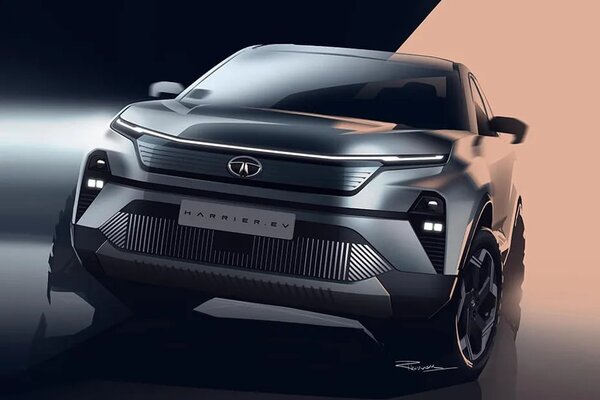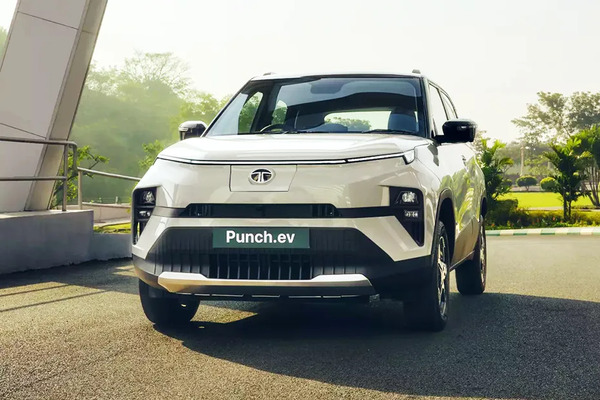World EV Day: What is it and why our planet desperately needs clean mobility
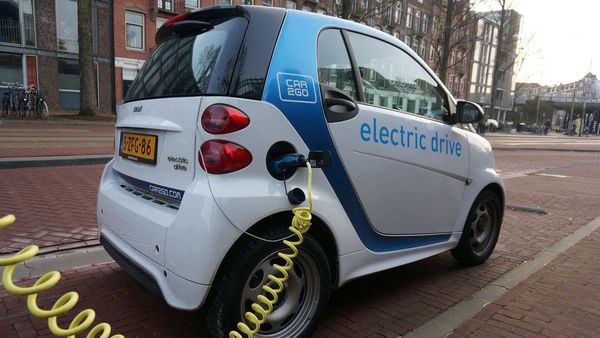

World EV Day is being celebrated across the globe today (Wednesday, September 9) with the focus on clean vehicles now more relevant and prevalent than ever before. With almost every car maker of varying repute offering or planning to develop electric vehicles, the push towards clean mobility is firmly in place. People in many countries are fast seeing the benefits offered by EVs - whether it is in terms of running cost, maintenance charges or the more noble cause of possibly saving our planet, World EV Day seeks to firmly put the focus on the alternate options to vehicles running on fossil fuels.
What is World EV Day?
World EV Day is a day of celebration of e-mobility and it seeks to raise awareness about the benefits that electric vehicles can provide. 2020 marks its inaugural year and this year, it is largely a global social media-led campaign to engage consumers around the sustainability benefits of EVs.
Also check these Vehicles
World EV Day works with its partners - charging suppliers and car manufacturers - to either create digitally-led creative campaigns, and provides the tools and channels for them to work on their own campaigns. The main objective is to accelerate the transition to sustainable transport with consumer, business and policy outcomes.
Also Read : World EV Day: Delhi to Mumbai in a battery-powered cab
Why is 2020 an important year for EV revolution?
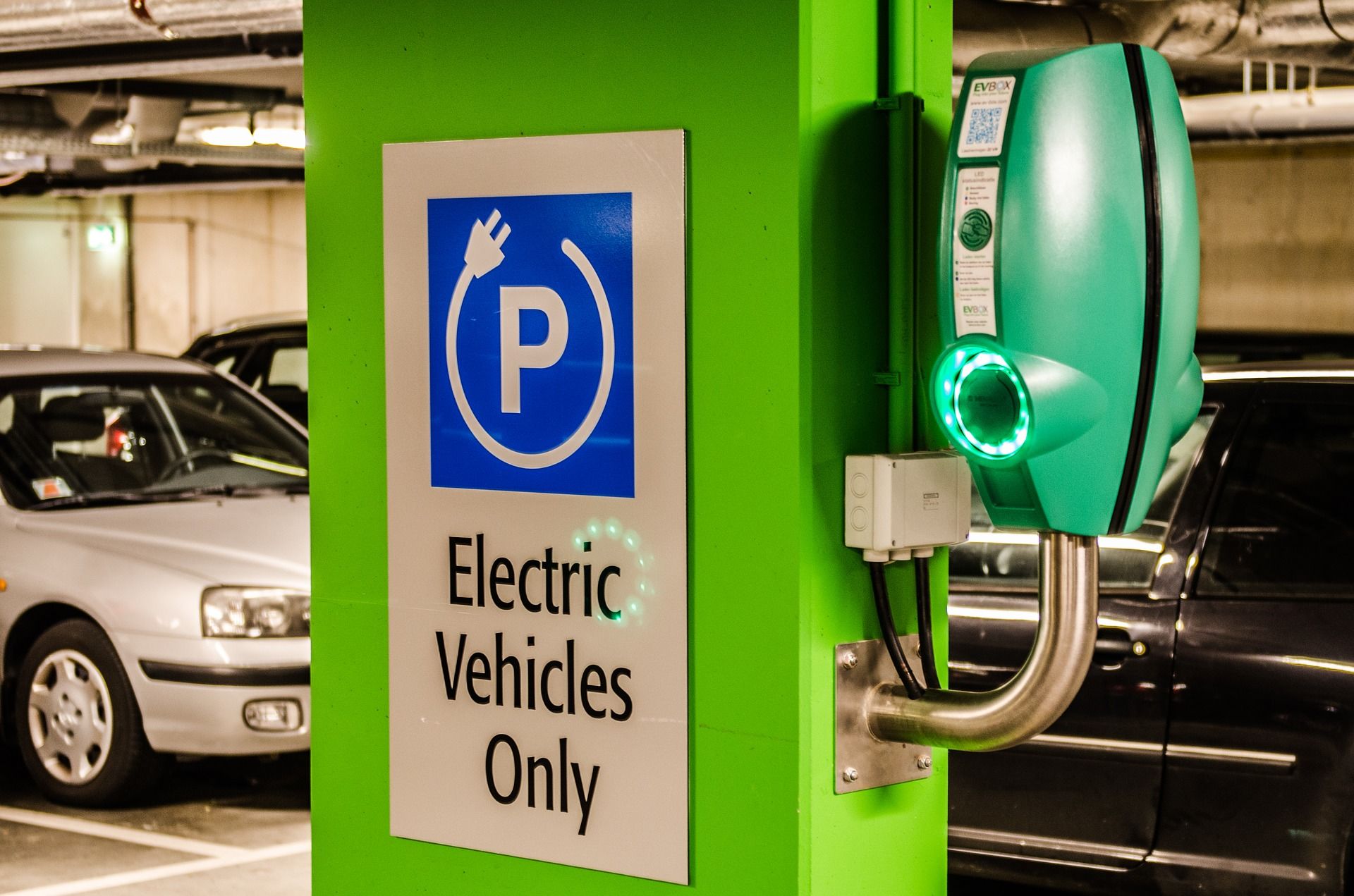

2020 has been a significant year for propelling the push towards clean mobility with various countries setting targets for emission free transportation, introducing incentives to boost sales of electric vehicles, adding more charging infrastructure as well as many car makers adding electric vehicles to their lineups.
Europe is, in fact, leading the way by becoming a global hotspot for growth in EV market with incentives introduced by multiple national governments in order to drive growth over the next five years. EV incentives offered in France and Germany are now among the most favorable in the world with EVs often costing less than the typical cost of a mobile-phone contract.
The largest EV market in the world, China, is leaving no stone unturned to maintain its title and is in fact providing a more favourable breeding ground for various electric vehicle startups in order to charge up the path ahead. The country this year decided to extend its EV subsidy program and tax breaks for another two years in order to further boost sales of electric vehicles.
The other Asian country that seeks to join the EV bandwagon is South Korea as it is poised to become the next big hub for such vehicles. The country recently announced the aim of having 1.13 million all-electric vehicles here by 2025. The government plans to rejig its EV subsidies and add more charging infrastructure with primary focus on mass population to adopt EVs. (Full report here)
While countries have committed to clean energy needs in order to save the environment, what has also strengthened their cause in 2020 is the coronavirus pandemic. Yes, the pandemic has done some good as well. Lockdowns around the world forced vehicles to stay parked, making way for clearer skies. Covid-19 has underscored the environmental damage of vehicle emissions making governments craft aid packages with focus on supporting green mobility.
Where does India stand?
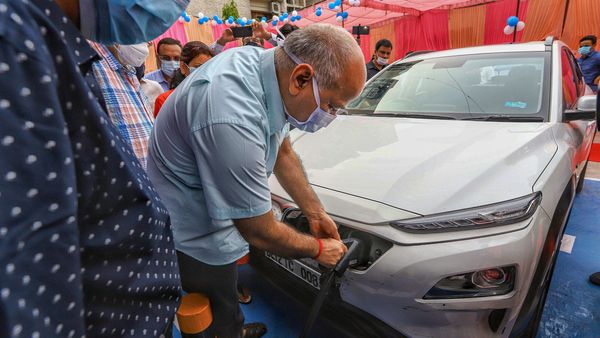

India is taking small but strong steps towards putting more electric vehicles on its roads. India aims to become a 100% electric-vehicle nation by 2030. The government has proposed that two-wheelers below engine capacity of 150cc sold in the country after March 31, 2025, and three-wheelers sold after March 31, 2023, should be EVs.
Though the target is ambitious, the country's national capital is leading the way forward. Delhi CM Arvind Kejriwal in August announced the 'Delhi Electric Vehicle Policy' with the aim of making the share of EVs in the state's in new car registrations reach 25% by 2024. Kejriwal's EV plan includes waiving off registration fee and road tax, providing incentive of up to ₹1.5 lakh for new electric cars and of up to ₹30,000 on electric two-wheelers, autos, e-rickshaws and freight vehicle. The policy also envisages installation of 200 charging stations - one every three kilometres. (Full report here)
As per a recent PTI report, the central government is also planning to focus on setting up EV charging infrastructure in various other cities as well as on highways. It plans to put charging kiosks at the around 69,000 fuel stations across the country. Under the new guidelines of the oil ministry, new petrol pumps must have an option of one alternative fuel and that most are opting for EV charging points.
India's rather audacious aim to reach its electric targets may well be taking shape and the national capital has picked the baton.
Better late than never
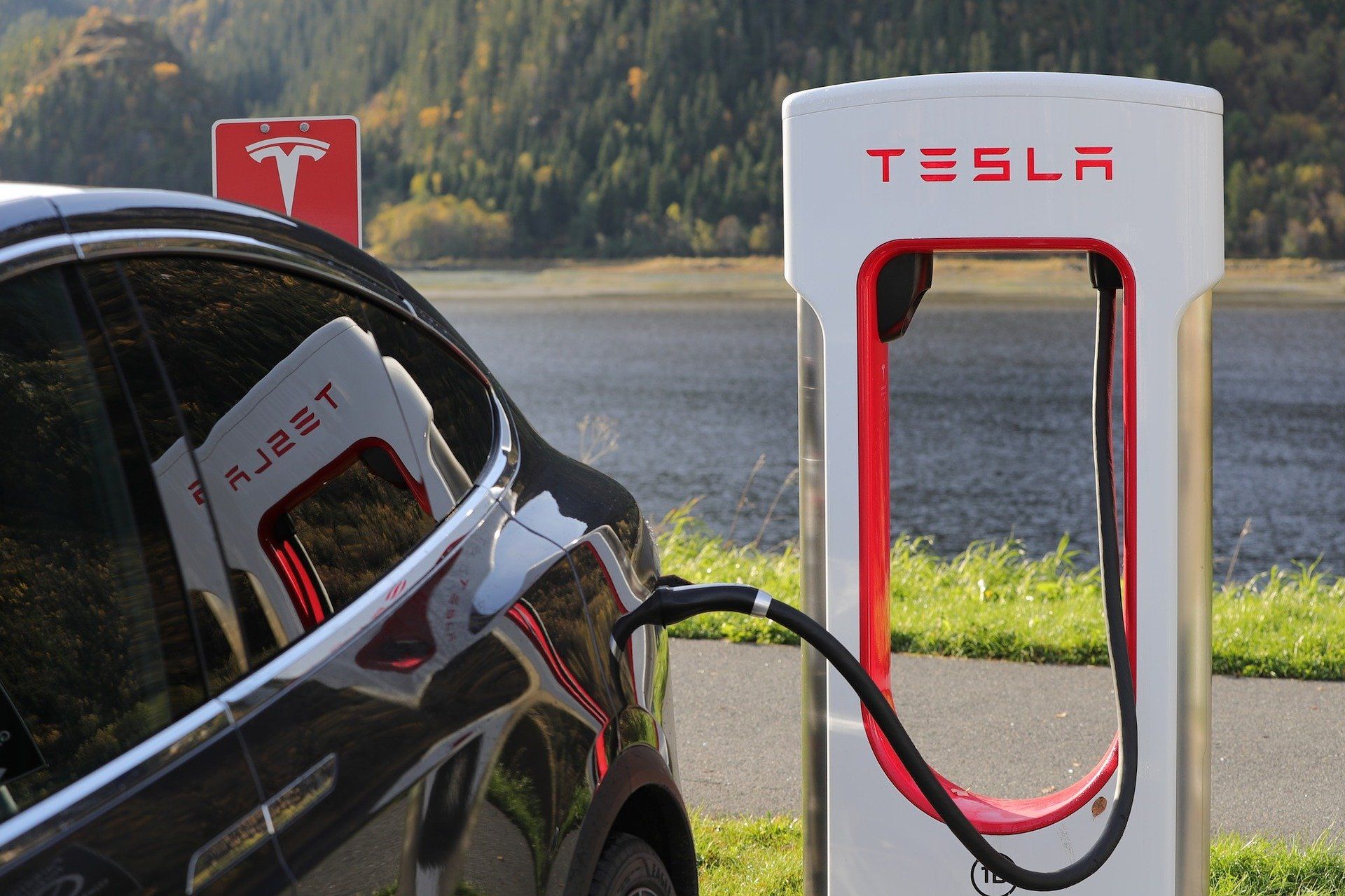

In a world where pollution is a growing concern, electric vehicles can help improve the air quality in towns and cities. EVs produce considerably lower greenhouse emissions over their lifetime as compared to a vehicle with an internal combustion engine and this is one of the main reasons that they can help save the environment.
As per a UK-based energy company EDF, one electric car on the road can save an average 1.5 million grams of CO2 over a year. EVs can, in fact, also help reduce noise pollution. By choosing an electric car, one can reduce their carbon footprint, impacting to environment in a better way. So better late than never!
Also Read : Most Indian customers could consider buying electric vehicles by 2022: Study
However, there have been concerns that though an EV on road is environmentally sustainable, the emissions created during its production tend to be higher than a conventional car. This essentially happens while manufacturing lithium ion batteries used in EVs. However, with advancement in technology, this is changing for better as well as the market for reusing and recycling of batteries is growing.








 11.6 kwh
11.6 kwh 344 km
344 km

